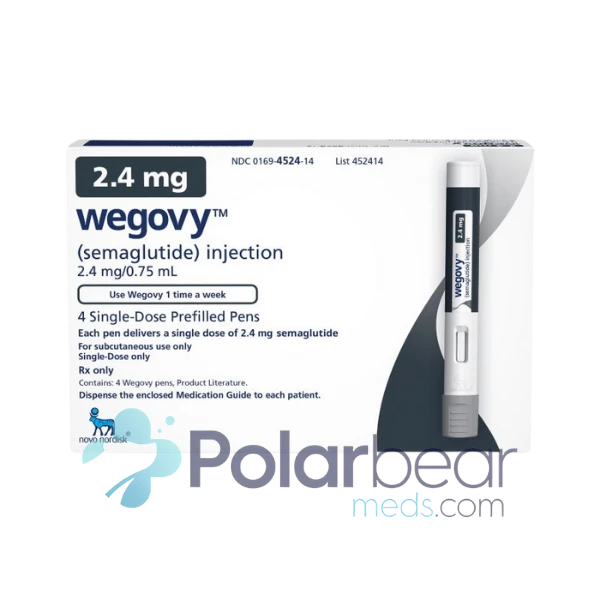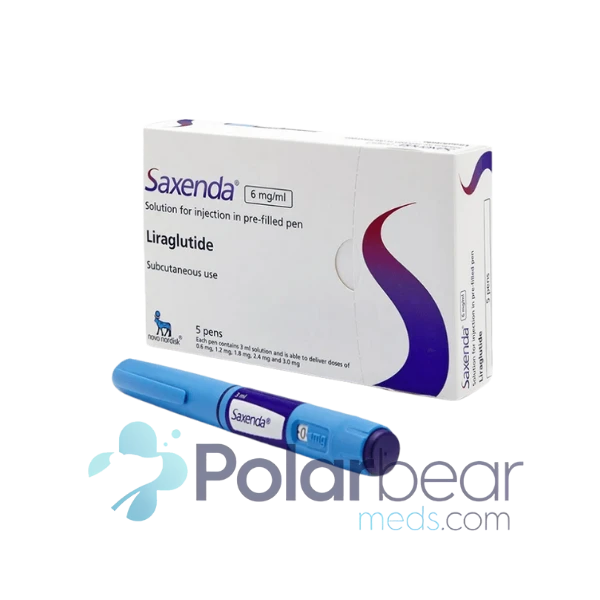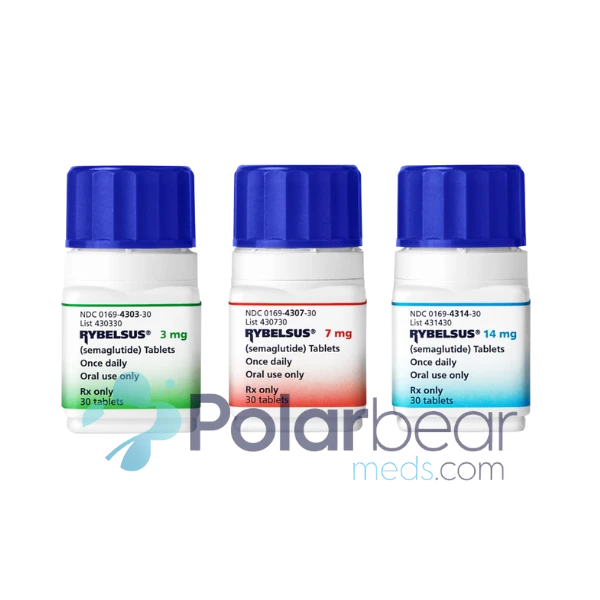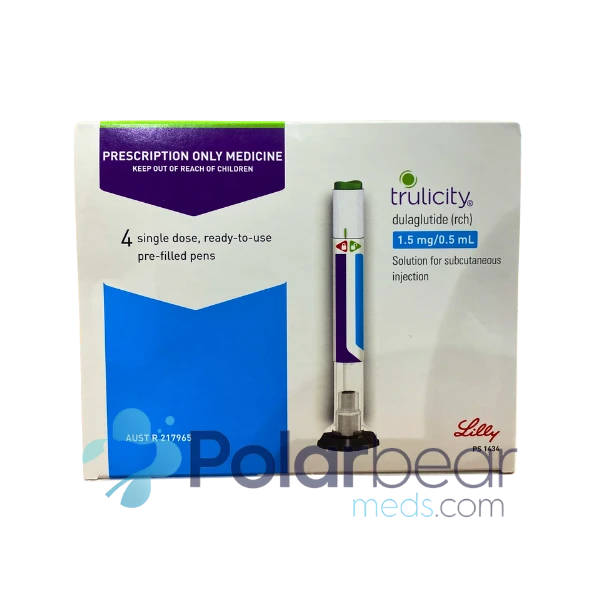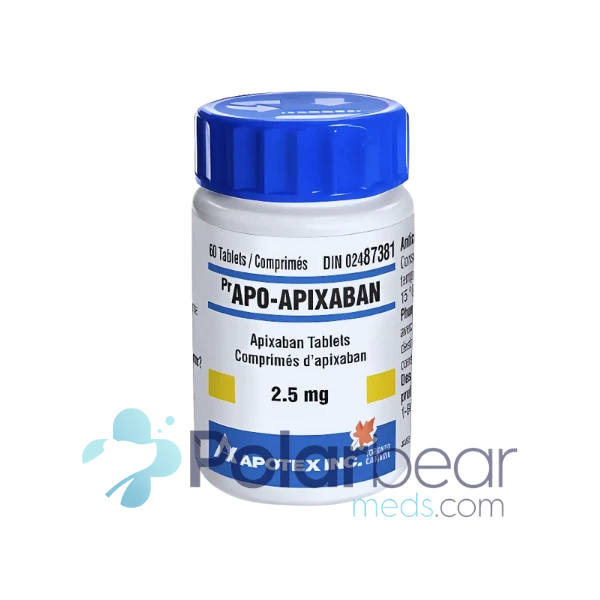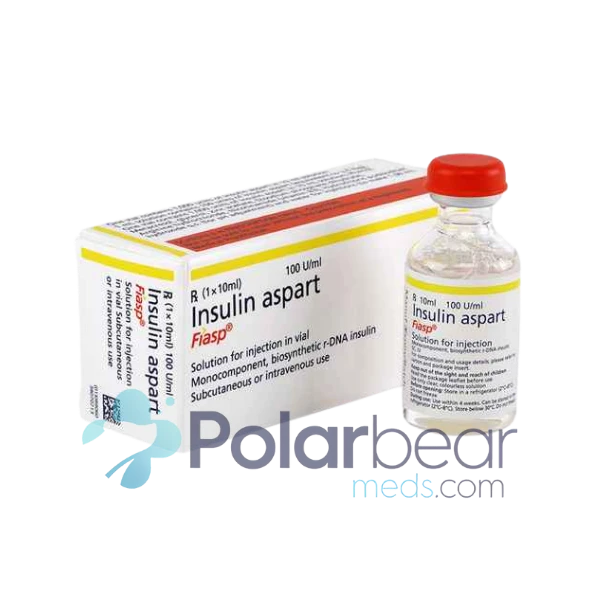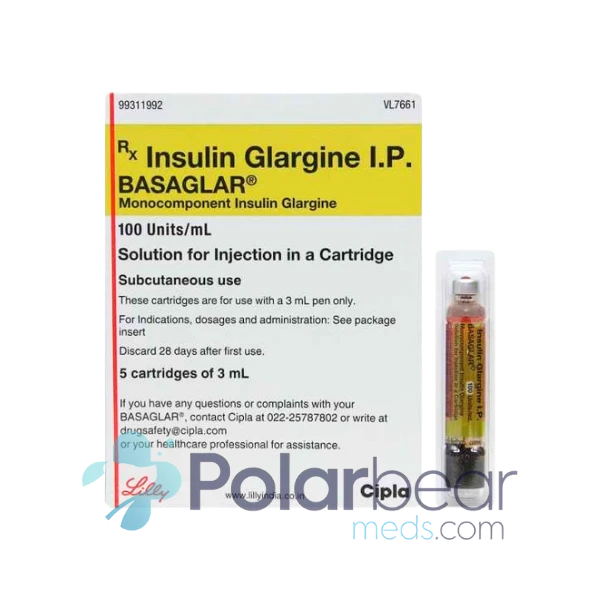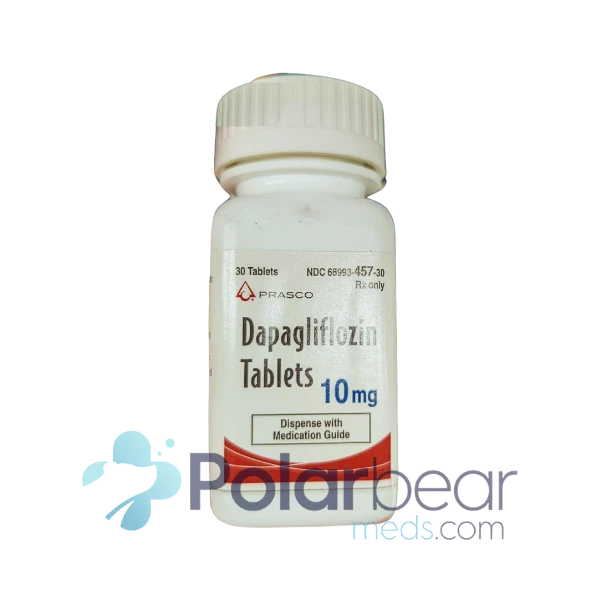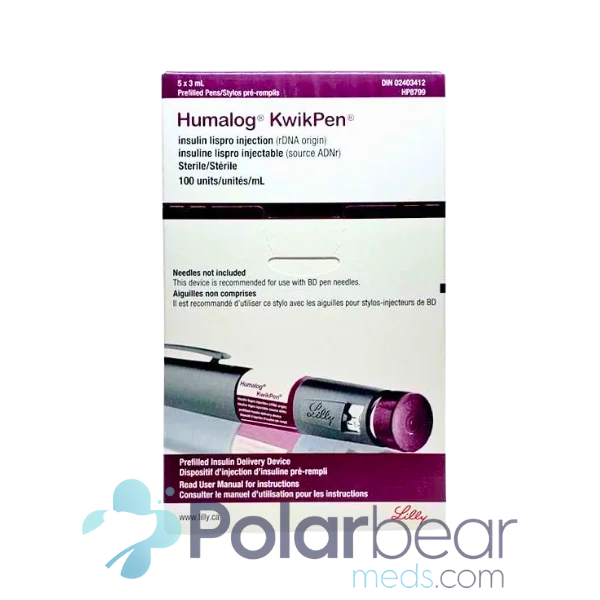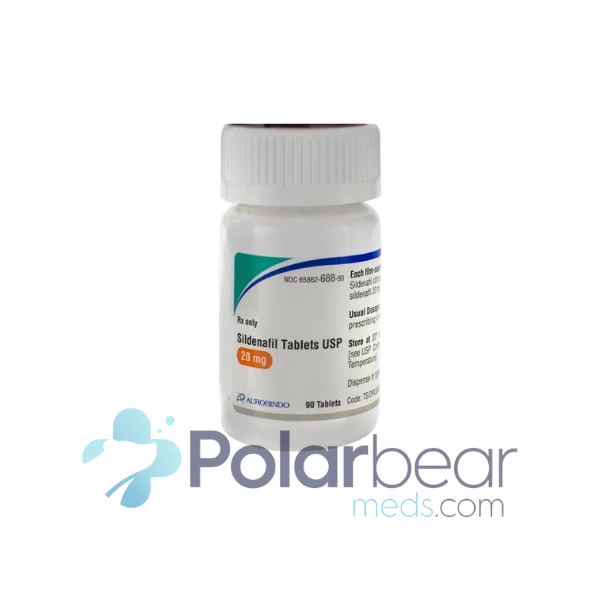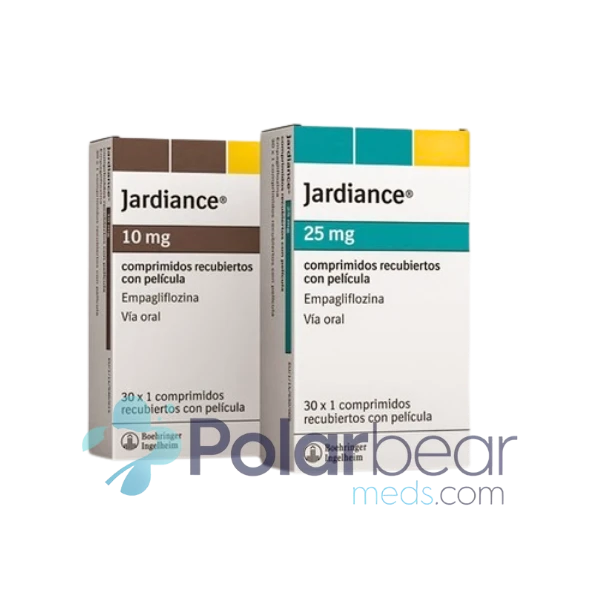
How Long Do Trulicity Side Effects Typically Persist?
HOME | DIABETES EDUCATION | HOW LONG DO TRULICITY SIDE EFFECTS LAST?
Trulicity, a medication used for managing type 2 diabetes, can cause side effects that vary in duration and intensity. While some side effects may improve as the body adjusts to the medication, others may persist. It is important to inform a healthcare professional promptly if any severe side effects occur.
This article explores the duration of common side effects of Trulicity, such as nausea, vomiting, diarrhea, and stomach pain, as well as serious side effects like gallbladder disease, kidney damage, pancreatitis, and thyroid tumors.
Understanding how long these side effects may last can help individuals prepare for their management and seek appropriate guidance.
Key Takeaways
- Common side effects of Trulicity, such as nausea and vomiting, can last for about 2 weeks.
- Diarrhea and stomach pain from Trulicity can vary in duration but often resolve on their own.
- Decreased appetite caused by Trulicity typically improves within a few weeks.
- Immediate attention is needed for serious side effects like thyroid cancer, pancreatitis, and gallbladder disease.
Duration of Common Side Effects of Trulicity
Common side effects of Trulicity typically last for a few weeks. Nausea and vomiting, which are commonly reported, usually peak within the first 2-3 days and improve within 2 weeks. Diarrhea and abdominal pain may also have a variable duration but often get better over time.
Decreased appetite gradually lessens as the body adjusts to Trulicity. These side effects are temporary and most individuals experience relief within a few weeks. The duration of side effects is similar regardless of the dosage used.
Serious Side Effects of Trulicity
Serious side effects of Trulicity include thyroid cancer and pancreatitis, which require immediate medical attention and close monitoring during treatment. Trulicity carries a boxed warning for these serious effects, emphasizing the need for symptom monitoring and reporting. Here are four important facts about serious side effects of Trulicity:
Medullary Thyroid Carcinoma (MTC): Trulicity is associated with an increased risk of MTC, a rare form of thyroid cancer. Symptoms like neck mass, hoarseness, and difficulty swallowing should be monitored regularly.
Pancreatitis: Trulicity can cause pancreatitis, a potentially life-threatening condition. Severe abdominal pain, nausea, and vomiting should be reported immediately to a healthcare provider.
Hypoglycemia: Trulicity can lower blood sugar levels, leading to hypoglycemia. Patients should be educated on recognizing the signs and symptoms and managing it appropriately.
Hypersensitivity Reactions: Rare but serious hypersensitivity reactions, including anaphylaxis, have been reported with Trulicity. Any signs of allergic reactions such as rash, itching, or difficulty breathing should be promptly addressed by a healthcare provider.
Patients should communicate any concerning symptoms to their healthcare provider for proper evaluation and management of these serious side effects.
Nausea and Vomiting Timeline
Nausea and vomiting associated with Trulicity use peak within the first 2-3 days and gradually subside after approximately 2 weeks. These side effects are common, experienced by 8% to 29% of Trulicity users, with higher doses potentially causing nausea in about 16% of individuals.
To manage these side effects, it is recommended to eat smaller meals, avoid fatty foods, and opt for bland options like toast. Following these strategies consistently can help reduce the duration and intensity of nausea and vomiting.
Individual experiences may vary, so it is important to discuss any persistent or concerning side effects with a healthcare professional for proper evaluation and management.
Diarrhea Duration While Taking Trulicity
Diarrhea while taking Trulicity is usually short-lived and improves as the body adjusts to the medication. Here are some important points to consider about diarrhea while on Trulicity:
Most cases of diarrhea associated with Trulicity are mild and resolve on their own over time.
If diarrhea persists or becomes severe, it is important to consult a healthcare provider for further evaluation and management.
Adequate hydration is crucial during episodes of diarrhea while on Trulicity to prevent dehydration and maintain overall health.
Adjusting dietary choices, such as avoiding spicy or greasy foods, may help alleviate diarrhea symptoms while using Trulicity.
It’s important to remember that while diarrhea is a common side effect, it is typically short-lived. However, if you experience persistent diarrhea or have concerns, it is advisable to consult your healthcare provider for appropriate guidance.
How Long Does Stomach Pain Last?
Stomach pain associated with Trulicity use typically lasts for a short duration, with most cases resolving within the first few weeks of starting treatment. While it is common to experience stomach pain as a side effect of Trulicity, the duration of this symptom may vary from person to person.
If the stomach pain is severe or persists beyond the initial weeks of treatment, it is crucial to promptly report it to a healthcare provider for evaluation. They may recommend dosage adjustments or other management strategies to address the lingering stomach pain.
It is also important to maintain adequate hydration and follow a healthy diet as advised by the healthcare provider, as these measures can help alleviate and shorten the duration of stomach pain associated with Trulicity use.
Duration of Decreased Appetite
The duration of decreased appetite as a side effect of Trulicity can vary among individuals, typically improving over time as the body adjusts to the medication. Here are some key points to consider:
Variable period: The duration of decreased appetite from Trulicity can vary among individuals, with some experiencing it for a few days to a few weeks.
Gradual resolution: Most people who experience decreased appetite with Trulicity find that it gradually resolves within the first few weeks of starting the medication.
Consult healthcare provider: If decreased appetite persists or becomes concerning, it is important to consult with a healthcare provider for guidance on managing this side effect.
Managing side effects: Monitoring changes in appetite and discussing any prolonged or severe appetite suppression with a healthcare provider can help ensure appropriate management of Trulicity side effects.
It is crucial to consult a healthcare provider for personalized advice on managing Trulicity side effects.
Indigestion Timeline
Indigestion from Trulicity typically improves over time as the body adjusts to the medication. Most people experience relief within the first few weeks. Trulicity can cause common side effects such as nausea, diarrhea, vomiting, and abdominal pain, which may contribute to indigestion.
However, as the body becomes accustomed to the medication, these symptoms often diminish. To alleviate indigestion, individuals can try eating smaller meals and avoiding high-fat foods. Consistency in taking Trulicity can also help decrease indigestion over time.
If indigestion persists or worsens, it is advisable to consult a healthcare provider for further evaluation and management.
Fatigue Duration
Fatigue from Trulicity can vary in duration. Here are four important facts about the duration of fatigue as a side effect of Trulicity:
Fatigue typically peaks in the first few days of using Trulicity.
After about two weeks of treatment, fatigue tends to improve.
The feeling of low energy and tiredness associated with fatigue may be due to the body adjusting to changes in caloric intake.
If fatigue persists or worsens over time, it is crucial to discuss this with a healthcare provider for further evaluation.
Monitoring fatigue levels and communicating any concerns with a healthcare provider can help manage and address fatigue related to Trulicity use. It is important to remember that everyone’s experience with Trulicity may vary, and it is always best to consult a healthcare professional for personalized guidance.
How Long Does Low Blood Sugar Last?
Low blood sugar, or hypoglycemia, can vary in duration depending on the individual and the specific circumstances. Symptoms such as dizziness, confusion, sweating, and trembling typically improve within 10-15 minutes after consuming carbohydrates like glucose tablets or snacks.
Immediate treatment for low blood sugar involves consuming 15-20 grams of fast-acting carbohydrates such as juice or glucose gel. In severe cases, a glucagon injection or emergency medical assistance may be necessary.
Regular monitoring of blood sugar levels and awareness of symptoms can help manage and prevent episodes of low blood sugar effectively.
Gallbladder Disease and Trulicity Side Effects
Gallbladder disease symptoms that may be associated with Trulicity side effects include gallstones, cholecystitis, nausea, vomiting, fever, and jaundice. It is important to recognize these symptoms and seek medical attention promptly when necessary. Here are some key points to consider:
Gallstones and cholecystitis: Trulicity use may increase the risk of developing gallstones or inflammation of the gallbladder, known as cholecystitis.
Nausea, vomiting, fever, and jaundice: These symptoms can indicate gallbladder disease and should not be ignored, especially if experienced after starting Trulicity.
Severe symptoms: If you experience severe abdominal pain, persistent vomiting, or yellowing of the skin or eyes (jaundice), it is crucial to seek immediate medical attention.
Close monitoring: Regular check-ups and communication with healthcare providers are essential to evaluate and manage any potential gallbladder-related side effects of Trulicity.
Being aware of these symptoms and seeking appropriate medical attention can help ensure early detection and proper management of any gallbladder disease associated with Trulicity use.
Kidney Damage Timeline
Trulicity-induced kidney damage can vary in duration and severity, and it is important to seek timely medical intervention and individualized treatment. The duration of kidney damage caused by Trulicity depends on factors such as the extent of the damage and the individual’s response to treatment.
It is crucial to be aware of symptoms such as changes in urine production, swelling, fatigue, and confusion, and promptly report them to a healthcare provider for proper evaluation and management. Ongoing monitoring of kidney function and following treatment recommendations are essential for managing Trulicity-related kidney damage.
Pancreatitis Duration: When to Stop Taking Trulicity
The duration of pancreatitis caused by Trulicity may vary. To determine when to stop taking Trulicity, consider the severity and persistence of symptoms. Here are some key points to consider:
Prompt consultation with a healthcare provider: If pancreatitis is suspected while using Trulicity, seek medical attention promptly. A healthcare provider can evaluate the symptoms and determine the appropriate course of action.
Monitoring of symptoms: Symptoms of pancreatitis, such as severe abdominal pain, may persist until the condition is resolved. Close monitoring of these symptoms is essential for proper management.
Discontinuation of Trulicity: If pancreatitis symptoms do not improve or worsen over time, discontinuation of Trulicity may be necessary. Consult with a healthcare provider to make this decision.
Healthcare provider guidance: Follow the guidance of a healthcare provider regarding the management and cessation of Trulicity in cases of pancreatitis. They will provide the best advice based on your individual situation.
Thyroid Tumors and Trulicity Side Effects
Trulicity carries a boxed warning for the potential risk of thyroid C-cell tumours. Patients with a history of Medullary Thyroid Carcinoma (MTC) or Multiple Endocrine Neoplasia syndrome type 2 (MEN 2) should avoid using Trulicity.
Trulicity may cause tumors in the thyroid, including thyroid cancer. Watch for possible symptoms, such as a lump or swelling in the neck, trouble swallowing, hoarseness, or shortness of breath.
https://www.trulicity.com/how-to-use/side-effects
It is important for patients to be aware of the signs and symptoms of thyroid cancer and to promptly report any related developments to their healthcare provider. Routine monitoring for MTC detection in patients taking Trulicity remains uncertain due to the rarity of this adverse effect.
Serious side effects associated with thyroid tumours from Trulicity may include rapid weight gain, seizures, severe constipation, reddening of the skin, and shakiness. Careful precautions and monitoring should be implemented to ensure patient safety.
Frequently Asked Questions
Will Side Effects of Trulicity Go Away?
Trulicity side effects, such as nausea and diarrhea, typically improve over time as the body adjusts to the medication. It is important to report any serious side effects to a healthcare provider for evaluation and management.
Why Is Trulicity Making Me so Sick?
Trulicity may cause nausea, diarrhea, vomiting, and abdominal pain. These side effects typically subside as the body adjusts to the medication. However, it is important to promptly report any serious side effects to a healthcare provider for evaluation and management.
How Long Does It Take to Adjust to Trulicity?
The adjustment period to Trulicity varies for each individual. Common side effects like nausea and diarrhea may improve over time. It is important to monitor and discuss any persistent or concerning symptoms with a healthcare professional for proper evaluation and management.
How Long Does One Shot of Trulicity Stay in Your System?
The duration of Trulicity side effects varies among individuals. Common side effects may subside as the body adjusts, but it is important to report serious side effects to a healthcare provider. Consulting a healthcare professional will provide personalized information.
Choose your platform, share this story!
Facebook Twitter LinkedIn Pinterest


